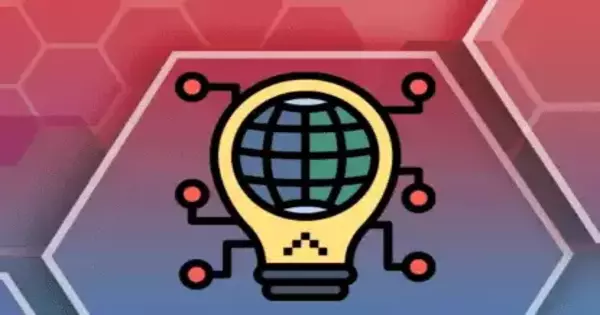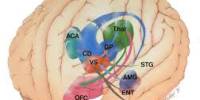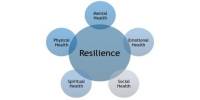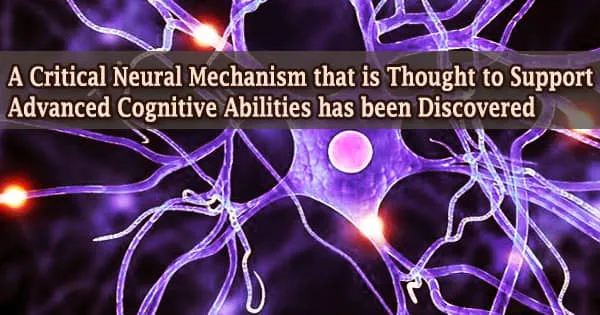There is some evidence to suggest that a moderate amount of variability in learning experiences can improve learning outcomes. This is often referred to as “desirable difficulty” or “varied practice” in the field of cognitive psychology.
One explanation for this effect is that introducing variability in the learning process can help learners develop more flexible and adaptable knowledge representations. By encountering information in a variety of contexts and formats, learners are forced to engage with the material more deeply and make more connections between different pieces of information. This can lead to more robust and durable learning outcomes.
The World Cup final is in full swing, the stadium is packed, the fans are roaring, and there is a flurry of flashbulbs. A free kick taker gets ready, runs up, and shoots. He had practiced free kicks a thousand times beforehand, but only on his home training ground and not in a crowded and noisy soccer stadium with changing lighting conditions and changing shooting positions. Will he still be able to score?
Neuroscientists at the German Primate Center (DPZ) – Leibniz Institute for Primate Research and the European Neuroscience Institute (ENI) in Göttingen wanted to know how our visual system handles the challenge of variable stimuli for learning processes. Are there strategies at the neuronal level that lead to the task nevertheless always being performed with the same performance?
In our study, we wanted to find out how the visual system copes with the challenge of variability and still achieves high learning performance.
Giorgio Manenti
They discovered that many variable stimuli do not necessarily make learning a task more difficult, but can even lead to better performance under new conditions in a study with human subjects. This occurs as a result of a generalization process governed by neurons in higher areas of the visual system. They only process task-relevant information in this process, such as the shot into the goal. They are less sensitive to distracting stimuli like other lighting conditions or shot positions. As a result, a task can still be performed safely even if irrelevant stimuli are constantly changing. This means that for the soccer player, varied training situations are beneficial to the learning process (Current Biology).
Filtering out relevant information from a highly variable environment is a fundamental problem of perception. The visual system accomplishes this by learning which information is constant. For example, even if our perspective shifts or it wears a dog jacket, we always recognize a dog as a dog. This generalization process, known as perceptual learning, improves perceptual performance. Until now, it was unclear how the enormous variability in the environment affected this learning process.
“In our study, we wanted to find out how the visual system copes with the challenge of variability and still achieves high learning performance,” said Giorgio Manenti, lead author of the study. “Previously, it was assumed that variable stimuli primarily affect the visual learning. However, this variability can also be a great advantage for learning, as it can facilitate generalization, the application of learned behavior to new stimuli. This has not yet been shown for visual perceptual learning.”
The researchers’ study was founded on two hypotheses. In the generalization strategy, learning relies on neurons that ignore unimportant stimuli. Thus, in the case of the free kick taker, they only process information about the goal shot, not the various shot angles or distances to the goal. These neurons are typically found at higher levels of sensory processing. Learning occurs in the specialization strategy via neurons that are finely tuned to both task-relevant and irrelevant features.
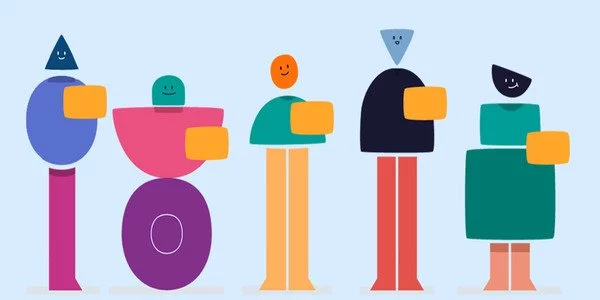
These neurons are capable of providing extremely accurate information for the task at hand. They do so by processing each piece of information separately. As a result, task performance is very accurate, but no generalization occurs, and each new task necessitates the processing of stimuli by new, previously untrained neurons. In the early stages of sensory processing, specialized neurons are found.
Four groups of subjects were trained to detect small differences in the orientation of a line pattern in this study. The relevant task was to determine whether the lines sloped clockwise or counterclockwise. For each of two groups, the number of lines was changed during the experiment. This was the insignificant stimulus.
“We found that varying the number of lines during training led to better generalization of the actual task performance,” explains Giorgio Manenti. “The subjects were still able to recognize the differences in the orientation of the line pattern, even when the number of lines was changed. They were able to perform the task even when they were shown entirely new line patterns or a new position on the screen that had not appeared during training. Thus, the increase in variability did not cause the learning process to deteriorate, but rather to generalize and even improve learning performance.”
The generalization strategy hypothesis was confirmed by computer simulations of training programs in artificial deep neural networks. “Overall, the study shows that the type of training can influence the brain’s learning strategy and thus possibly also the location where learning occurs in the brain,” summarized Caspar Schwiedrzik, head of the Perception and Plasticity research group at DPZ and the Neural Circuits and Cognition group at ENI. “You could also compare vision training to soccer training principles. More variability in training leads to greater adaptability to new challenges in both cases.”
However, it is important to note that too much variability can actually be detrimental to learning. If the amount of variability is too high, learners may become overwhelmed and struggle to identify patterns or key concepts. Additionally, if the variability is not carefully controlled, learners may focus more on the differences between learning experiences rather than the underlying principles or concepts that they are trying to learn.
